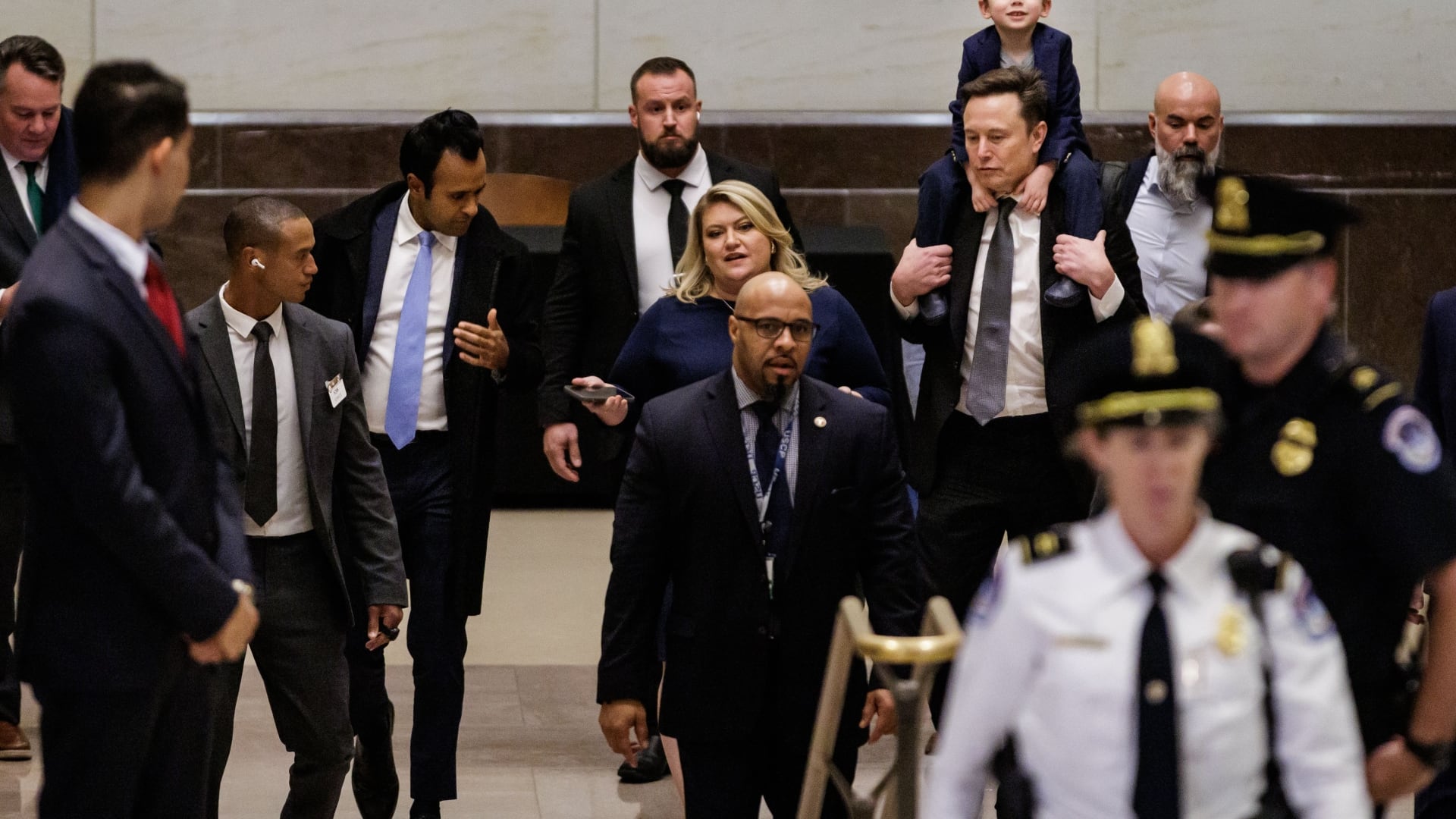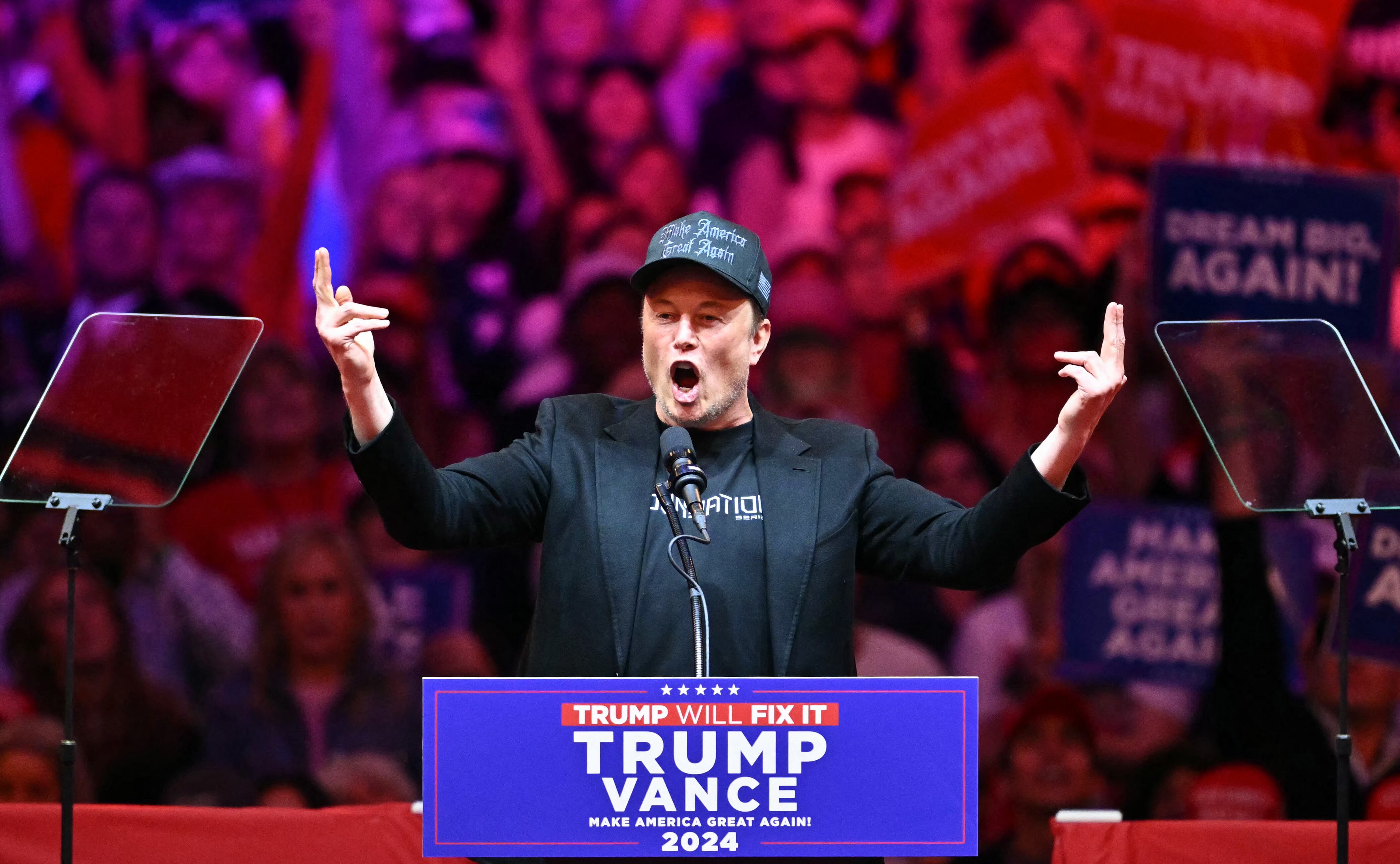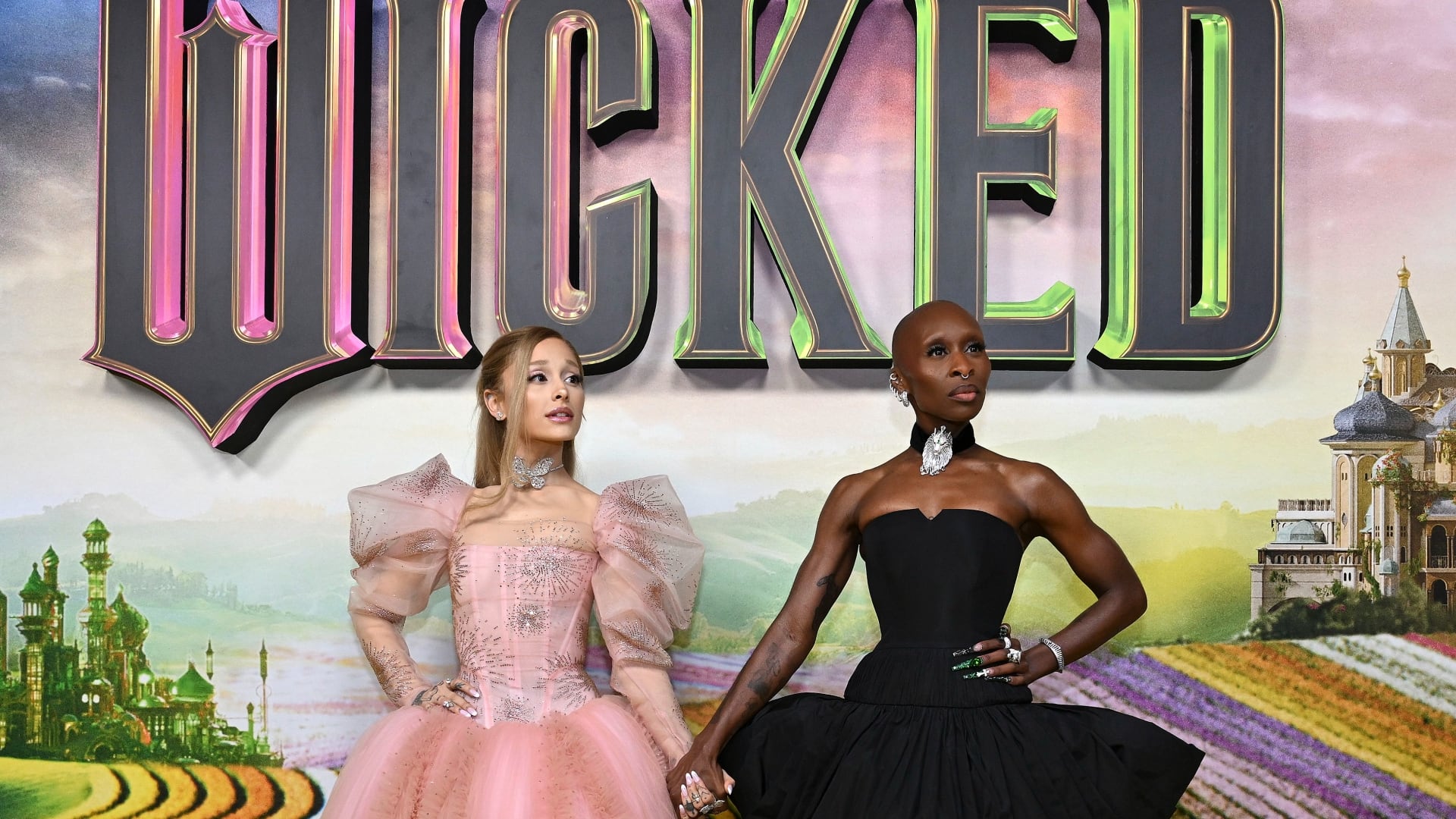By Stan Choe
Stocks slumped Tuesday after shares of beleaguered banks tumbled again and worries worsened about the economy.
Rising fear sent yields sinking in the bond market, while Wall Street waited for the Federal Reserve’s latest move on interest rates and Washington edges closer to what would be a catastrophic default on U.S. government debt.
The S&P fell 1.2% after paring a steeper loss. The Dow Jones Industrial Average dropped 367 points, or 1.1%, after earlier being down as many as 615 points. The Nasdaq composite sank 1.1%.
Some of the sharpest drops came from smaller- and mid-sized banks, which have been under heavy scrutiny as the banking system shows cracks under the weight of much higher interest rates. PacWest Bancorp dropped 27.8%, Western Alliance Bancorp fell 15.4% and Comerica sank 12.4%.
Three of the four largest U.S. bank failures in history have come since March, and investors have been on the hunt for what could be next to topple or suffer a debilitating exodus by customers.
Regulators seized First Republic Bank at the start of this week and sold most of it to JPMorgan Chase, which had raised hopes that the turmoil could ease.
Also pressuring the market was a report showing U.S. employers advertised the fewest job openings in nearly two years during March. The job market has been one of the main pillars supporting a slowing economy, and a drop-off there would likely mean a recession.
Such pressure is raising the stakes for the Federal Reserve, which began a two-day meeting on interest rates. The widespread assumption is that it will raise rates on Wednesday by another quarter of a percentage point. The widespread hope is that it will be the last increase for a long time.
The Fed has jacked up rates at a furious pace from early last year, up to a range of 4.75% to 5% from virtually zero. It’s trying to beat down high inflation, but high rates do that by taking a blunt hammer to the economy.
High rates have already hit the housing market sharply and hurt the banking system. Many investors are preparing for a recession to hit later this year.
That has many traders betting the Fed will halt its rate hikes and perhaps even cut them later this year. That would offer the market more breathing room, and stocks have historically done well in the months immediately following the last rate hike.
Still, some investors anticipate the Fed on Wednesday may not offer encouraging signals that rate hikes are over, let alone open the door to rate cuts.
“Admittedly this is a 20:20 hindsight view and the Fed’s job is as tough as it has ever been, but while it would be nice to be finished with the Fed hiking cycle, too much caution in the past, among other factors, caused the current inflation overshoot and there remains a distinct possibility that it could accelerate again, especially given all the uncertain factors in the world today,” said John Vail, chief global strategist at Nikko Asset Management.
Australia’s central bank surprised markets Tuesday by raising rates by a quarter of a percentage point and saying “some further tightening” may be needed to get inflation fully under control. It pointed to prices still rising too quickly for services, an area that the Fed has also been focused on.
Adding worries on top of that is the latest political spat over the nation’s debt limit. Treasury Secretary Janet Yellen said late Monday that the U.S. government could default on its debt as early as June 1 unless a divided Congress allows it to borrow more. That’s an earlier “X-date” than previously thought.
A default could be disastrous because much of the financial system is built on the assumption that U.S. government debt is the safest investment available. Most of Wall Street believes Congress will come to a deal before the deadline, as it has many times before, because the alternative would be so dire.
While Yellen made the June 1 deadline sound like a flexible one, Wall Street will likely treat it with more definitiveness. Any portfolio manager instructed to avoid risks of getting payments delayed will be steering clear of June 1 bills, according to strategists at UBS.
With only weeks to go before June 1, Congress could be forced to agree to an extension of just a few months, rather than a long-term deal.
“There could be a few debt ceiling deadlines prior to the 2024 elections,” the UBS strategists led by Michael Cloherty wrote in a report.
In the bond market, the yield on the 10-year Treasury slumped to 3.42% from 3.57% late Monday.
Some of the sharpest action in the stock market was among companies reporting results for the first three months of the year, as earnings season stays in high gear. It's been mostly better than feared.
Arista Networks fell 15.7% despite reporting better profit and revenue than expected. Analysts said investors may have been disappointed it didn’t raise its forecast for upcoming results even more than it did.
On the winning side was Molson Coors Beverage, which reported adjusted earnings that more than doubled analysts’ expectations. It bubbled up 7.7%.
All told, the S&P 500 lost 48.29 points to 4,119.58. The Dow dropped 367.17 to 33,684.53, and the Nasdaq fell 132.09 to 12,080.51.
——
AP Business Writers Yuri Kageyama and Matt Ott contributed.












